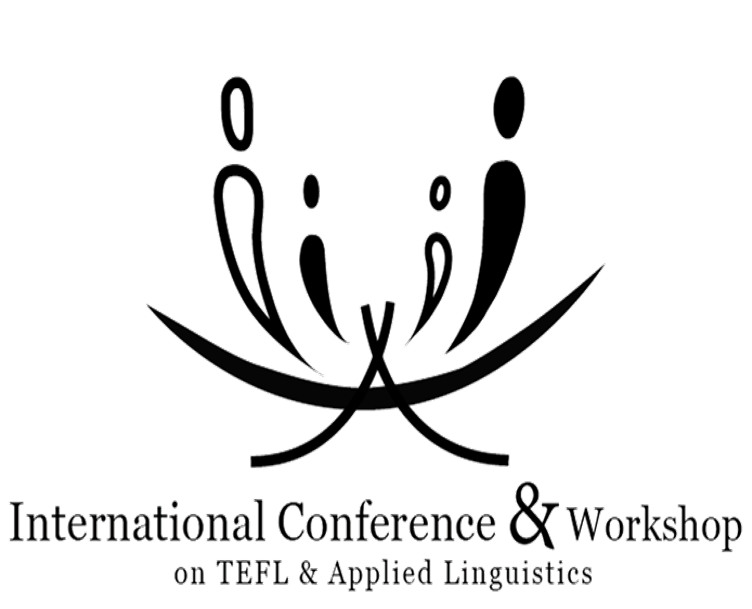This study explores the effectiveness of digital tools in enhancing student engagement and learning outcomes in higher education, with a focus on the integration of active learning strategies and formative assessments in psychology courses. The first case study investigates the use of interactive technologies, such as Mentimeter, to promote active learning in large lecture settings. Through real-time polling, quizzes, and interactive discussions, students were encouraged to apply psychological theories to their personal experiences, fostering deeper cognitive engagement. This approach not only made learning more relevant to students but also provided immediate feedback, enhancing their understanding and retention of the material.
The second case study examines the role of formative assessments and peer feedback in promoting critical thinking and collaborative learning in seminars. By implementing problem-based learning activities, Socratic discussions, and peer assessments, students developed essential skills in evaluating and applying psychological principles to real-world scenarios. The use of digital platforms for continuous feedback further supported student learning by identifying gaps in knowledge and providing timely guidance.
Both case studies demonstrate that the strategic implementation of digital tools in teaching can significantly enhance student participation, engagement, and learning outcomes. The findings suggest that digital technologies, when integrated with active learning and formative assessments, can create a more inclusive and effective learning environment, particularly in large and diverse classrooms. These insights are crucial for educators seeking to utilise digital innovations to improve the quality of education in higher education.
![]() Friday, March 7, 2025 to Saturday, March 8, 2025
Friday, March 7, 2025 to Saturday, March 8, 2025![]() No.130, Jihe Rd., Shihlin District, Taipei City 111, Taiwan (MCU Jihe Campus)
No.130, Jihe Rd., Shihlin District, Taipei City 111, Taiwan (MCU Jihe Campus)




